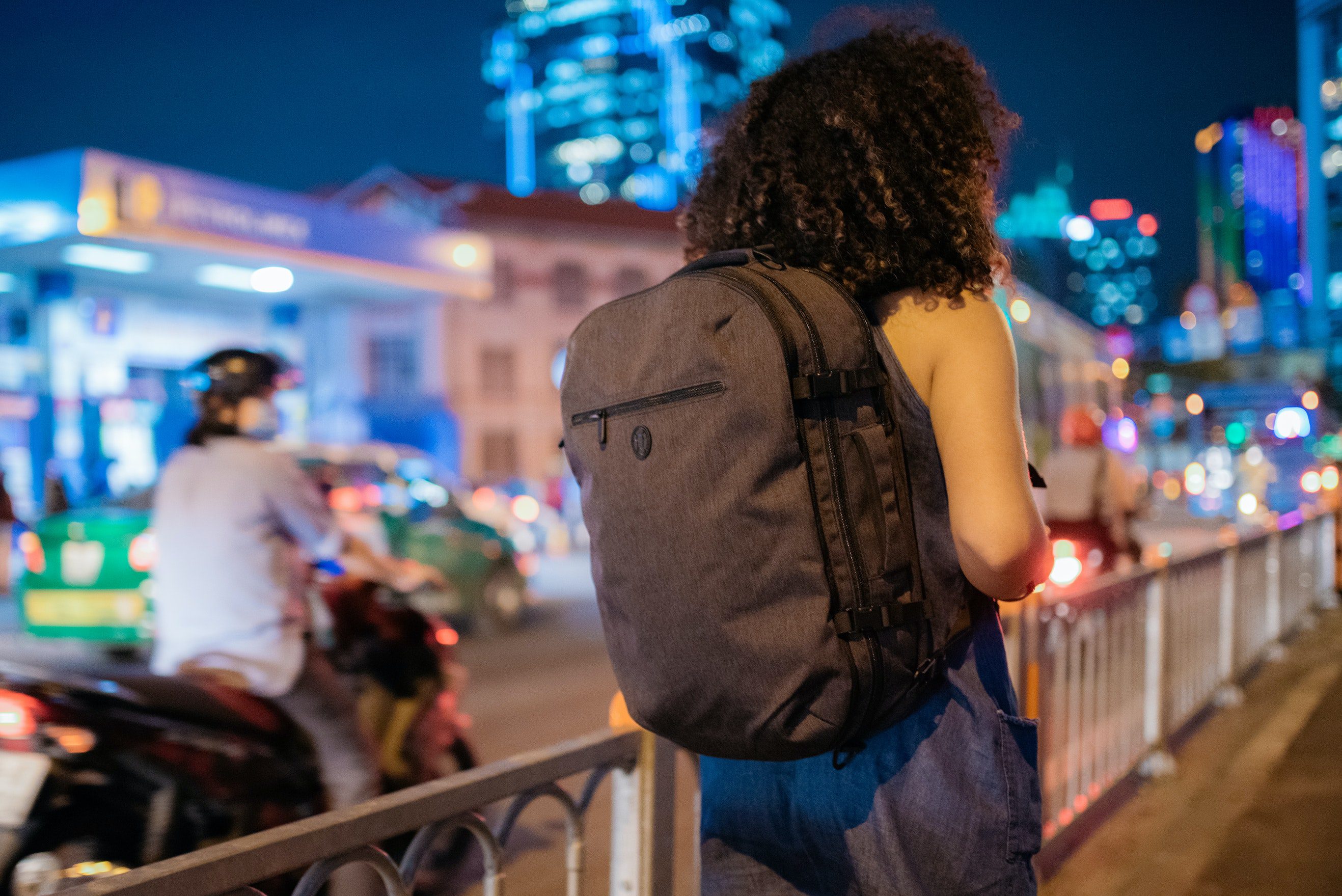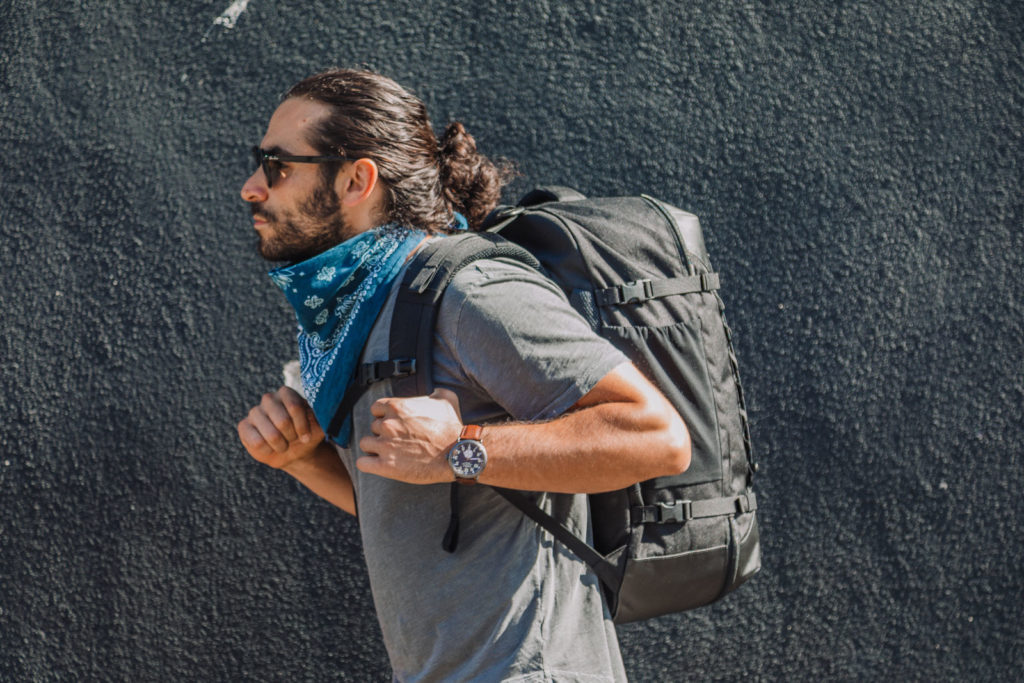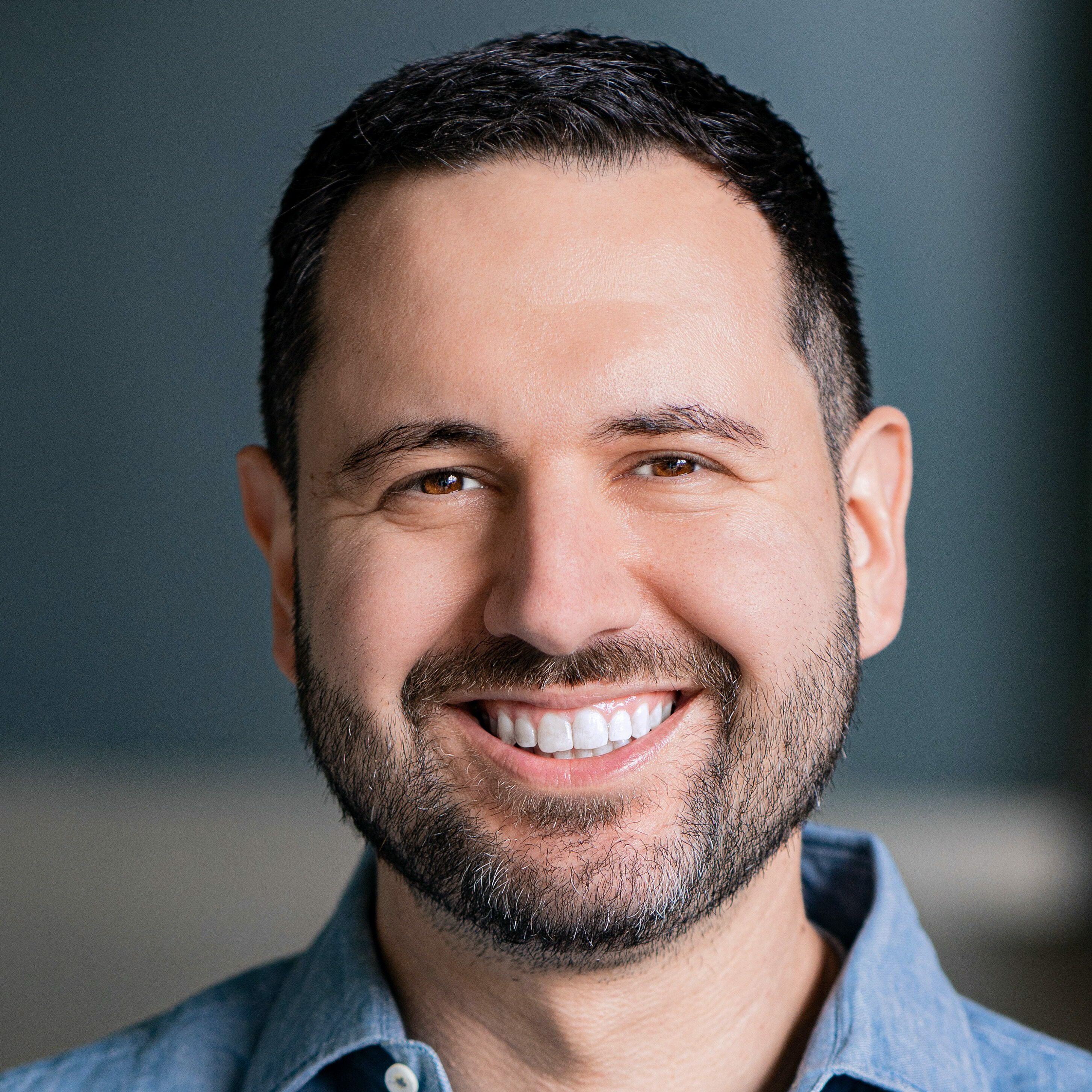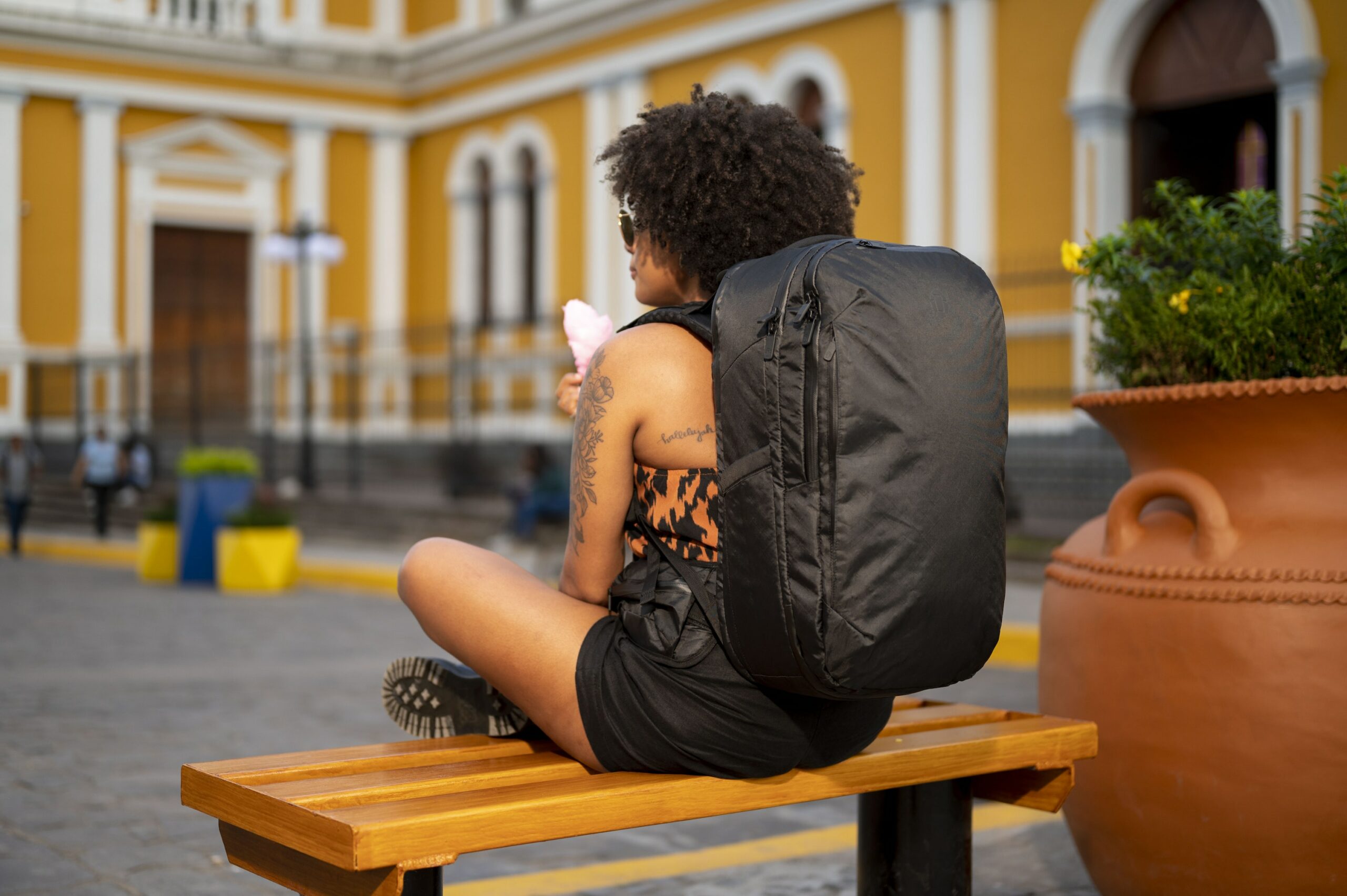Why Tortuga Backpacks are Made in Vietnam

The Tortuga Promise
At Tortuga, our mission is to make travel easier. Our advice and recommendations are based on years of travel experience. We only recommend products that we use on our own travels.
My first trip to Vietnam was in November 2016. The trip was supposed to be a vacation, not work. I’d spent the previous week meeting with our factory and suppliers in China. But Vietnam turned into a work trip. At the time, I didn’t know how fortuitous that would be.
After my morning cà phê sua dá at the sidewalk cafe, I hopped in the Grab Taxi to head outside of Ho Chi Minh City to visit bag factories and some of our component suppliers. These trips weren’t strictly necessary at the time, but I was in the country and thought that they would be good for research and relationship building.
Tortuga had made its bags in China for years, but I knew that Vietnam was the other hub of bag manufacturing. Patagonia manufactures in Vietnam, and Osprey moved their production to Vietnam in the early 2000s.
My day trip was purely exploratory. I toured some factories, made some contacts, and introduced Tortuga to them. Showing up in person is always valuable when working with factories.
Then, in 2018, the US/China trade war hit the travel goods industry.
In a few short months, and without warning, tariffs on backpacks and accessories made in China increased from 17.6% to 27.6% to 42.6%.
A tariff is “a tax levied on an imported good.” The rate on our backpacks had been 17.6% since we started the company over a decade ago.
If our factory charges us $50 to make a backpack, we pay a percentage-based tariff when we import that backpack into the US. Under the previous rates, we would have paid $8.80 in tariffs to the US Customs and Border Protection on that $50 backpack. After the 25% rate increase, we now owed $21.30 in tariffs, nearly half the original cost of the bag. In this example, the cost to get a bag to the United States went from $58.80 to $71.30.
Our prices had increased 25% in a matter of months. Given the volatility of the trade war, we decided to take a “wait and see” approach before making any drastic changes to our business. As a small company, moving our production from China to another country would be a huge undertaking with its own costs of time and money.
For similar reasons, we decided not to pass the tariff increase on to you, our customers, in the form of higher prices.
While moving production out of China would have an opportunity cost, so too did staying in China and paying the new tariff rates.
We paid an extra $39,330 in punitive tariffs in 2018 and $209,315 in 2019.
Other companies made the move faster. China’s share of travel goods imported to the US fell from 55% in 2018 to 39% in 2019. Vietnam’s and Italy’s shares both rose above 10%.
We were paying more in tariffs without raising prices, so we were making less money on every sale. Travel goods were included in the trade war simply to levy tariffs on more products, not for any strategic reasons. The US doesn’t have a significant domestic backpack industry to protect, nor are backpacks as strategically important as steel, medical supplies, or computer chips.
We felt stuck. We were too small to place large enough orders at multiple factories in multiple countries, which is logistically difficult. We were worried about doubling the complexity of our manufacturing operation and the employees needed to support it. Worst of all, we didn’t know what the next moves in the trade war would be.
Tortuga can deal with higher costs. But uncertainty makes doing our job almost impossible.
Should we pull out of China altogether? Would we have to let our Production Manager in China go?
What about the relationships that we’d spent five years building? What if the rules change again next week? Can we go back to China or have we burned the bridge with our supplier?

As we started working on a new product collection, we knew that something had to change. A new collection was a good opportunity for us to test manufacturing in Vietnam. Designing, sampling, and manufacturing a new product in Vietnam felt like the easiest way for us to test a potential move.
With a new product, we didn’t have to worry about splitting orders or moving them from China to Vietnam. We didn’t have to worry about matching products made in two different countries by two different factories. We could continue placing orders for our existing products in China while setting up new products in Vietnam.
We will manufacture wherever we can make the best products. We want to spend our time solving problems for travelers, not playing “whack a mole” on tariffs that we can’t control.
Tortuga has an increasingly global team and supply chain. We’ve always been a distributed team internally and hire from around the world. We take the same approach to manufacturing.
We are location agnostic.
We now manufacture all of our backpacks in Vietnam and a few accessories—like the water bottle and travel towel—in China.
We will make bags wherever we can make the best bags. We’ll keep you updated on those changes and what they mean for our business and for you.
For now, check out our made in Vietnam travel backpacks.




